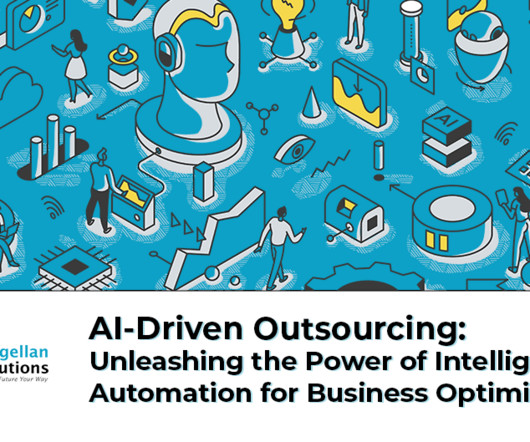6 Ways Intelligent Automation Is Transforming the Pharma Industry
Automation Anywhere
JULY 8, 2022
A 2020 Bain & Company survey shows that 84% of companies across all industries have accelerated their automation efforts, primarily due to the fallout from the pandemic. Investment in automation is increasing dramatically today in the pharmaceutical industry.












Let's personalize your content